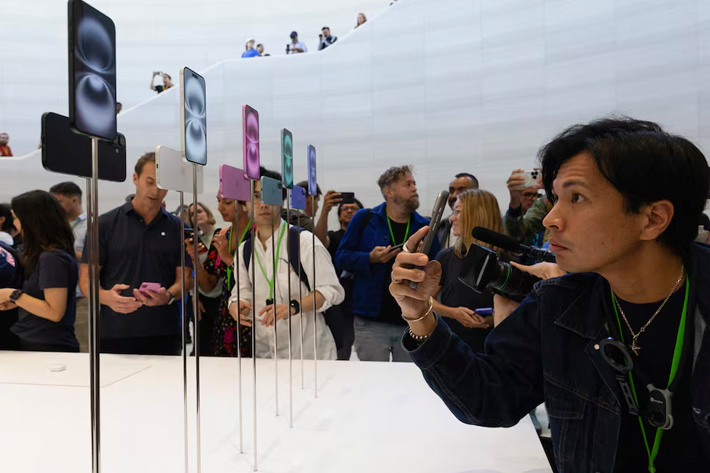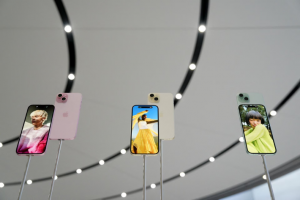Apple is now planning to invest a massive $1 billion in Indonesia, the country’s investment minister has said, as smartphone giant works to reinstate the sale of its iPhone 16 in the country.
Indonesia’s huge, tech-savvy population is a key market for Apple, considering the iPhone-maker’s sales in China — one of its top markets — have slipped this year.
But the tech giant has run into trouble in the country for failing to meet local content sourcing and investment requirements it previously committed to the Indonesian government.
Also on AF: Western Firms Rush to Source Critical Minerals After China Curbs
That led Indonesia to ban the sales of iPhone 16 in the country in October.
Since that ban, Apple has made several investment offers to Indonesia, starting with $10 million in early November, followed by $100 million more recently. But the Indonesian government rejected that offer too last week.
The government said Apple’s offer to build a $100 million accessory and component plant was not enough to reverse the iPhone 16 ban.
Indonesia currently requires makers of smartphones and tablets to have at least 40% locally made parts in their devices, or make an investment equivalent to that percentage to be able to sell within the country.
The Indonesian government said this week it would increase the local content requirement.
Comments from Indonesia’s investment minister Rosan Roeslani suggest, however, that Apple’s latest $1 billion investment would suffice the new requirements.
The US smartphone-maker will invest that sum to set up a manufacturing plant in Indonesia that produces components for smartphones and other products, Roeslani said.
“We will discuss with them some more … our hope is for everything to be announced in the next week after receiving a written commitment from them,” he said.
Apple currently has no manufacturing facilities in Indonesia, a country of about 280 million people, but since 2018 it has set up application developer academies.
Indonesia considers that strategy an attempt to meet local content requirements for the sale of older iPhone models.
Companies typically increase the local composition through local partnerships or by sourcing parts domestically.
- Reuters, with additional editing and inputs from Vishakha Saxena
Also read:
China-Indonesia Sign $10bn in Deals on EVs, Batteries, Solar
Indonesia Plans up to 200% Tariffs on Chinese Goods – Antara
Huawei Phone Sales Soar In China, Apple Not Even in The Top 5
New iPhone Uses Arm Chip Tech as Apple Eye AI Upgrades: FT
Indian Regulator Recalls Competition Probe Reports on Apple
Google ‘Monopoly’ Ruling Could Cost Apple $20 Billion
Huawei Looks to Steal Apple’s Tech Crown With Tri-Fold Phone
Huawei’s HarmonyOS Set to Overtake Apple iOS in China – Fortune
























